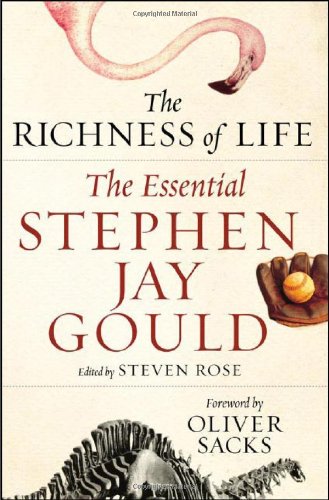Evolution science plays a big part in Dream Whisperer. I’m deliberately not writing ‘evolution theory’ because there’s nothing theoretical about the notion that life evolved. Evolution-deniers are misguided. Evolution science allows Rebecca to determine that the Cthulhu she’s been examining hasn’t evolved but is an artificially designed being. Every being shows its ancestry in its biological make-up. The Cthulhu doesn’t. So either it sprung to life fully-formed ex nihilo or it’s an artificial life-form. Occam’s razor directs Rebecca to the second conclusion. Later in the book, she points out to Fleming that all species — including all sentient non-humans, even the high-minded elves — are the product of evolutionary processes. To survive, each living being is endowed with a significant helping of selfishness and brutality. Mourning the near-sightedness of man, as Fleming is often inclined to do, shouldn’t distract from the insight that culture is almost always but a thin veneer that hides from sight the selfish beast in every living being.


When I was a teenager in Belgium in the 1970s, I was blissfully unaware of how contentious the ideas behind evolution science still are today. The Catholic Church has — albeit superficially and disingenuously — made its peace with Darwinism. Evolution science is a mandatory part of our school curriculum. The fascinating essays by the late Stephen Jay Gould helped me realise how antagonistic many religious people still feel towards this science. To this day, they want to advance ill-conceived notions as ‘creationism’ and ‘intelligent design’ as equivalent or ‘better’ alternatives to evolution science. It’s such a painful waste of energy. Moreover, it’s promoting the dangerous attitude that facts don’t matter if they’re in conflict with deeply held religious beliefs.
In Dream Whisperer, I confront Rebecca’s approach with Ove Eliassen’s. Rebecca’s method is the scientific one, whereas Eliassen relies on what’s written in ancient — often ‘holy’ — books, which pretend to offer deeper insights than science ever could. In the end, it appears that Eliassen’s approach, although helpful to some extent, is fundamentally flawed and plays into the enemy’s hands. I hope it helps the reader question the notion that a book’s antiquity guarantees it’s holding eternal truths or infallible wisdom. Ultimately, these books are the products of imperfect human minds, which, in turn, are products of their time. They should be challenged and subjected to the scientific method to lay bare their shortcomings, not blindly accepted as canon.